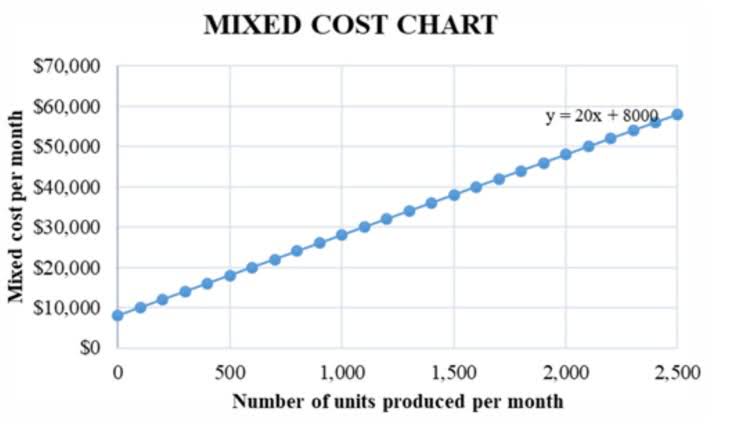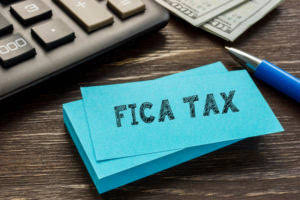
Stay on top of your finances, save big on taxes, and grow your business faster with doola. Using cloud-based storage or expense management apps can make this process seamless. This level of detail is essential for making informed financial decisions and maintaining cash flow. While these may seem discretionary, proper documentation can help with budgeting and potential deductions. Entrepreneurs throughout history have been defined by their abilities to do just so.
- They support a business’s operations, though they aren’t required for the direct production of products or services.
- Restaurant meals, entertainment and other miscellaneous expenses make up a large chunk of their budget.
- Not every business expense fits neatly into traditional categories like payroll, rent, or inventory.
- Before taking your deductions, make sure you reduce the full amount of these fees by any reimbursements you receive.
- Capital expenses include all expenses paid by an organization to purchase, maintain, or improve fixed assets like equipment, income-producing property, vehicles, and buildings.
Subscription Services for Work

If a business purchases a bond at a premium (paying more than the bond’s face value), the excess premium can be amortized to reduce taxable interest income over time. All of these terms, regardless of what you call them, describe costs that an organization must pay that normal costs like salaries, rent, and utilities do not cover. These additional costs What is bookkeeping are often small and can vary significantly from month to month, depending on the needs of the business.

Technology and Software-Related Expenses

In either case, it’s important to figure out where your money goes and budget accordingly. Deduct all management and administration fees you pay for the operation of your small business, including bank charges. If your business accepts credit cards and pays processing charges, tracking these miscellaneous expenses in QuickBooks Accounting for Marketing Agencies simplifies including them when filing your tax returns. You’re here to understand what might be considered appropriate “miscellaneous expenses”. In short, these are all the miscellaneous business expenses you can use for tax deductions that aren’t found elsewhere on your tax forms.
Accounting and legal fees
It can help them figure out where they’re spending too much and make the changes they need to make to keep their budget in good shape. They typically cover small, non-recurring expenditures, such as items bought for the office, business trips, and other similar fees. Expenses are usually considered part of a company’s operating costs and can be one-time or ongoing. However, incidental travel costs, like parking fees or tolls, are unforeseen expenses and are considered miscellaneous expenses.

QuickBooks and expense tracking
- Lobbying expenses, demolition expenses and anticipated liabilities are not deductible.
- For example, if small office supplies are regularly purchased, it may indicate a need to bulk-buy supplies for cost savings.
- A freelance designer might need a software license, while a food vendor may require a temporary event permit.
- That’s why you need to maintain a record of miscellaneous expenses in the ledger.
- This can help them avoid unexpected cash flow issues and make more informed decisions.
The expenses you pay to do your hobby may be deducted as miscellaneous personal expenses if you’re conducting the activity to make a profit. Business travel is one of those incidental expenses that comes with certain types of work. You may need to cover commuting expenses, meals, lodging, and other expenses miscellaneous expenses while on the road. You can write off some clothing as miscellaneous deductions if they’re used exclusively for work, like job uniforms, costumes, or steel-toed boots. For example, if you’re working as a carpenter and wear jeans to work, these cannot be claimed on your taxes, but your safety gear and reflective clothing can. Periodic publications and subscription services such as business journals or industry-related courses fall under this miscellaneous category.
- Businesses should track and write down all of their miscellaneous costs to reduce their financial burden and save as much money as possible on taxes.
- The reason is miscellaneous expenses can reduce your taxable income if they are deductible and necessary to operate your business.
- The IRS more specifically defines miscellaneous expenses as business costs that fall outside of their standard tax categories.
- However, you need to record such expenses in your general ledger for business expense tracking even if there are small transactions.
- This includes creating a miscellaneous category in the budget for meeting unforeseen expenses.
- These expenses can help companies identify the areas of potential growth or cost savings.
Many of these work-related costs, like business journals, industry courses, and professional subscriptions, are tax-deductible. Variable expenses, on the other hand, fluctuate depending on different criteria such as manufacturing quantities, sales, usage, and more. Raw materials, logistics costs, utilities, and more are some examples of variable expenses. Intuit helps put more money in consumers’ and small businesses’ pockets, saving them time by eliminating work, and ensuring they have confidence in every financial decision they make. Luckily, I switched to Moon Invoice and found the hassles of stock and expense management getting faded. If you’re looking for a streamlined approach to managing expenses with clarity and precision – book a demo for free today and see how Alaan can transform your business’s financial efficiency.
Lascia un commento